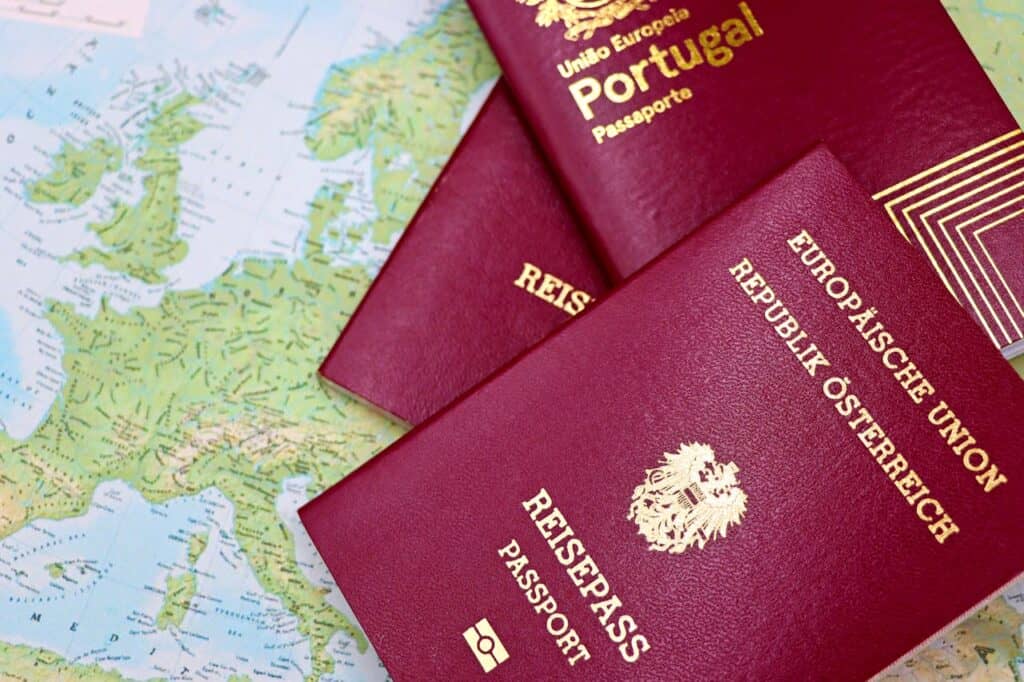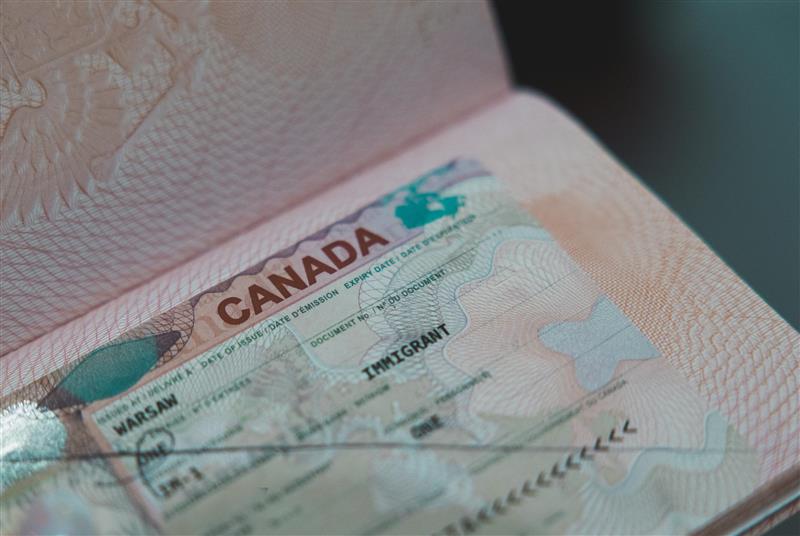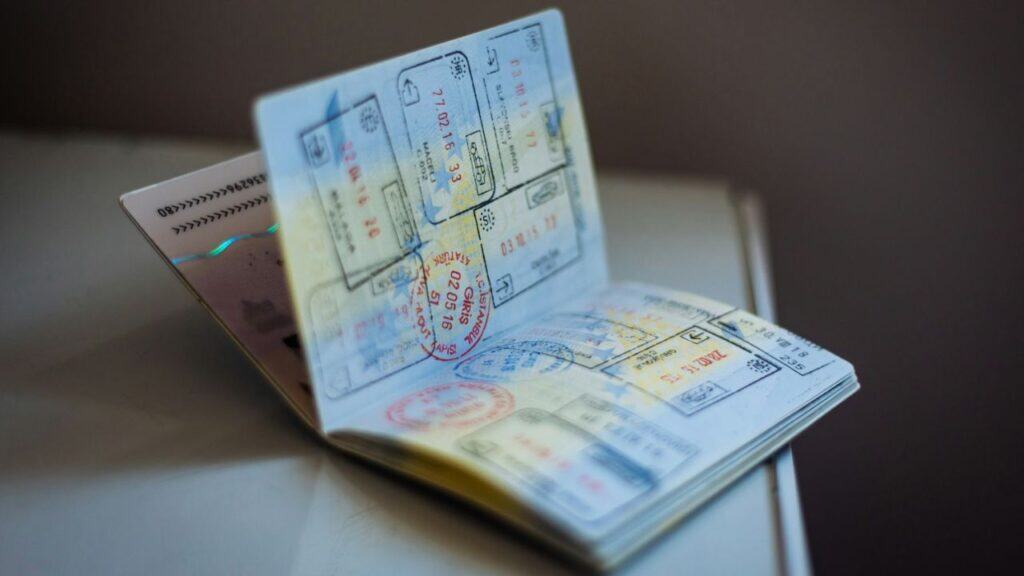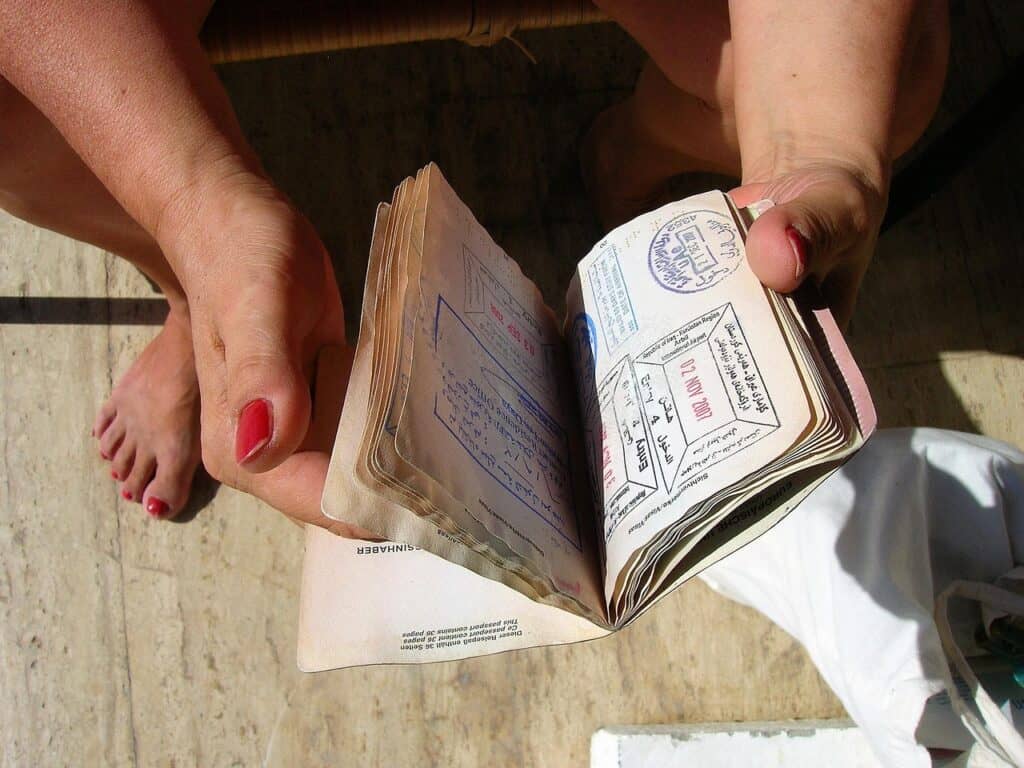We may earn money or products from the companies mentioned in this post. This means if you click on the link and purchase the item, I will receive a small commission at no extra cost to you ... you're just helping re-supply our family's travel fund.

You picture sipping espresso in Rome or walking cobblestones in Paris, but none of it matters if your passport fails Europe’s entry checks. Airlines verify documents before boarding, and border officers are strict. Schengen applies two tests many travelers miss: the passport’s issue date and remaining validity. Miss either by even a week and boarding can be denied. Take ten minutes now to review dates and avoid being turned back at the start.
Know the 3+10 Rule

Schengen requires your passport to have been issued within the last 10 years on the day you enter, and to be valid for at least three months beyond your planned departure. Both conditions apply together, not either one. Do not rely only on the expiry date. If your document fails either test, renew before you book. Airlines check these rules at the gate, and failure can mean denied boarding even before reaching border control.
Check Issue Date, Not Only Expiry

It is easy to glance at the expiry date and assume you are safe. The common trap is the issue date. In some countries, older passports once carried extra months, but Schengen does not honor validity beyond 10 years from the date of issue. For example, a passport issued in July 2014 that expires in January 2025 is not valid for Schengen entry after July 2024. Check the issue stamp inside the cover and renew if close.
Expect Airlines To Apply Six-Month Advice

Schengen law requires three months beyond exit, but many airlines and government advisories recommend a six‑month cushion. Carriers can apply stricter policies, and staff may refuse boarding if validity is borderline. This is less about caution and more about protecting the trip. Renew early, especially if within six months of expiry, and avoid last‑minute disputes at the gate that can strand both traveler and ticket.
Leave Room For Stamps

Many passports are still stamped on arrival and departure until Europe’s automated system is fully live. While Schengen law does not mandate two blank pages, several airlines do. If the book is crammed with visas and stamps, boarding can be refused. U.S. passports no longer allow adding pages, so the only remedy is renewal. Running out of space can stop travel as surely as an expired document, so plan ahead.
Do Not Travel With A Damaged Passport

Your passport has to look intact. Pages that are waterlogged, covers peeling, photos lifting, or chips broken can all trigger rejection. Airline staff and border officers are trained to flag suspicious or damaged documents, and they don’t take chances. If your book looks battered, get a replacement. Don’t assume a friendly smile will wave you through; they won’t risk liability. Carry a clean, secure passport and save yourself from the stress of a denied entry stamp.
Traveling With Kids Or A New Name

Children’s passports often have shorter validity, such as five years for U.S. child passports, so the three‑month and 10‑year checks tighten sooner than expected. If a legal name has changed through marriage or court, the ticket and passport name must match exactly. Airlines and border agents are not flexible on mismatches. Before booking, confirm every detail so a small discrepancy does not become a missed flight.
Ireland And The UK Are Not Schengen

Europe is not one system. Ireland and the UK run separate entry rules and generally require a passport valid for the length of stay. If a trip includes any Schengen country before or after, the Schengen 10‑year‑from‑issue and three‑months‑after‑exit checks still govern that part of the itinerary. Plan for the strictest requirement across all borders to avoid a single weak link derailing the journey.
Bulgaria And Romania Update

Bulgaria and Romania have joined Schengen for air and sea travel, with land border checks set to phase in later. This means the same 10‑year issue‑date limit, three‑months‑after‑exit validity, and the 90 days in 180 days stay limit now apply when arriving by air or sea. Some travelers assumed different rules here in the past. If flying into Bucharest or sailing to Varna, ensure the passport meets Schengen standards.
Airport Connections And Transit Visas

Even on a through‑ticket, a European connection can force a formal entry, especially when changing terminals or airports. Passports must meet the same validity checks, and depending on nationality, an airport transit visa may be required for specific hubs. Do not assume a short layover avoids inspection. Map the route, confirm terminal moves, and check airline and consular guidance so a hidden requirement does not break the trip.
ETIAS And EES On The Horizon

Europe is rolling out the Entry/Exit System to replace manual stamps with biometric records for non‑EU visitors, followed by ETIAS, an electronic travel authorization for many visa‑exempt travelers. These systems are not required for trips right now. Expect more kiosks and biometric checks as they phase in. Be cautious of unofficial sites and wait for the official EU portal when ETIAS goes live to submit any application.